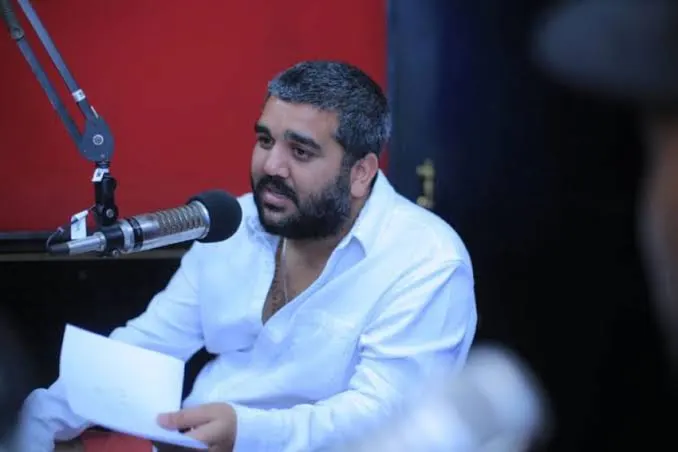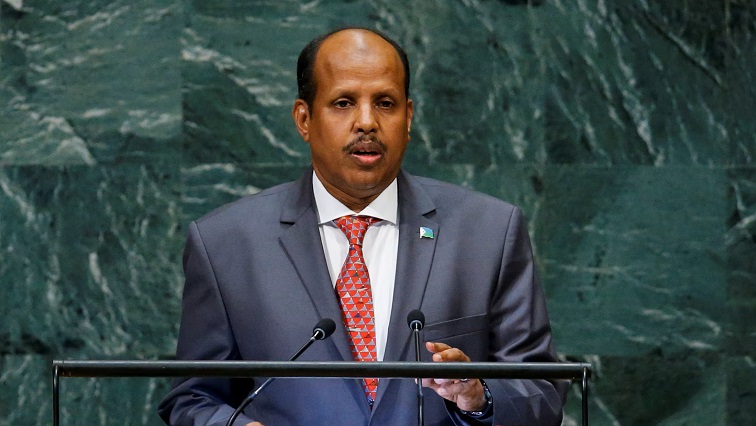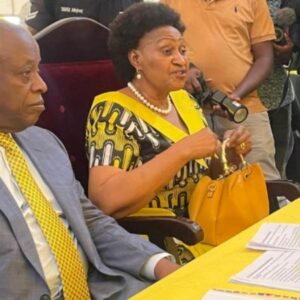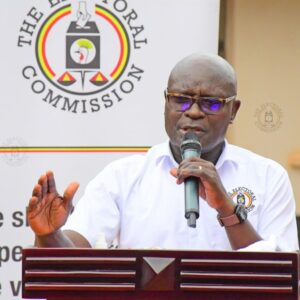KAMPALA, UGANDA – President Yoweri Museveni today waded into a heated political storm in Buganda, dismissing sectarian rumors and confronting head-on an explosive land-grabbing scandal.
In a strongly worded letter, the president sought to calm tensions within the ruling National Resistance Movement (NRM) while reminding Ugandans of his long-standing message of unity. But while his remarks carried the authority of a leader who has been in power for decades, critics quickly pointed out that they might also serve as a calculated attempt to tighten the NRM’s grip in a region where discontent is steadily rising.
The uproar began during recent NRM conferences at Kololo, where the contest for the Central Executive Committee (CEC) Vice-Chairpersonship for Buganda stirred passionate debate. Names like Kasolo, Kiwanda, and Karangwa dominated discussions—but whispers about Karangwa’s alleged Rwandan heritage threatened to fracture Buganda’s delicate multi-cultural balance.
Museveni brushed off the claims without hesitation, describing Karangwa as “one of the most active NRM cadres” and urging supporters to value “capacity and dedication” above tribal lines. “This is not correct,” he said firmly, putting to rest the swirling rumors.
But the president’s message went beyond ethnicity. He revealed that he had received a signed letter from Kayunga accusing Karangwa of land-grabbing—a charge that carries deep resonance in Uganda’s politics. The accusation echoes earlier reports, including a 2021 Daily Monitor investigation that linked powerful figures in the region to land disputes and intimidation of tenants. Museveni made it clear where his focus lies: “The issue I have been intending to sort out with Karangwa is the signed letter I got from the Kayunga area accusing him of being involved in land-grabbing; but not ethnicity.”
This revelation touched a nerve. Museveni’s rise to power in 1986 was built on promises of national unity after years of division and conflict, a legacy once praised for stabilizing Uganda. Yet, critics have long accused his government of glossing over systemic problems like corruption. The land-grabbing claim against Karangwa may now serve as a real test of whether the president is willing to confront such issues within his own camp.
The timing is telling. Buganda remains a powerful political region where Museveni lost ground to opposition leader Bobi Wine in the 2021 elections. With discontent simmering, his intervention could be seen as both an appeal for unity and a calculated move to shore up NRM control.
As Museveni promises to address what he calls an “organizational issue” next, Ugandans are left asking: Will this be the moment that restores trust in the NRM—or just another chapter in a long-running story of political maneuvering?
For now, the nation watches, waiting to see how the president balances unity, accountability, and power in the days ahead.






